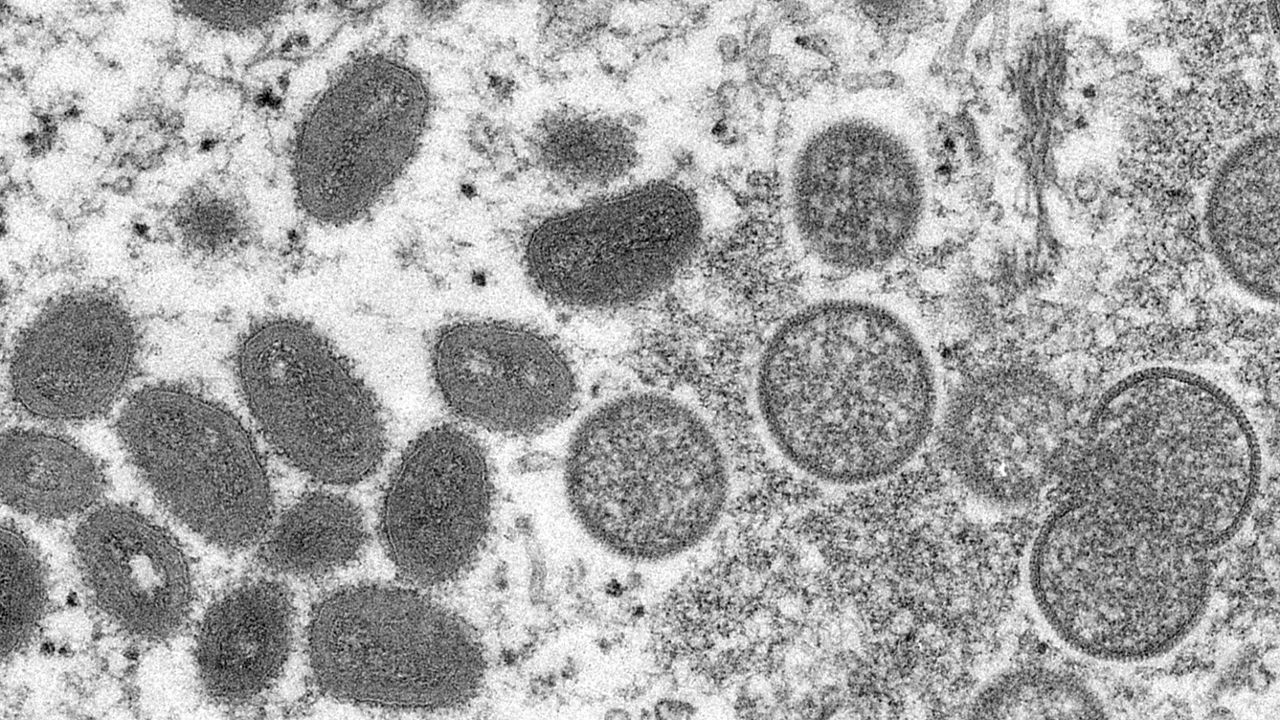Public health officials confirmed a second case of monkeypox in North Carolina, this time in Mecklenburg County. The state said it found its first case of the rare virus last week.
Monkeypox is a potentially serious virus that includes flu-like symptoms, a rash and swelling of the lymph nodes. The illness can be confused with chickenpox or sexually transmitted diseases like herpes or syphilis.
“Although monkeypox infections remain rare, the CDC is reporting that cases continue to rise across the country,” said Mecklenburg County Public Health Director Dr. Raynard Washington. “It is very important to be aware of the symptoms of monkeypox and to be vigilant. Individuals with concerning rashes should contact their healthcare provider.”
As of Friday, more than 200 cases of mokeypox have been confirmed in the United States from an ongoing outbreak, the Centers for Disease Control and Prevention reports. More than 4,100 cases have been confirmed in areas where monkeypox is not usually seen, according to the World Health Organization.
"Though this is the first confirmed case in the County, we know there are likely other cases,” Washington said. "We are encouraging doctors to consider this in people who have a rash or skin lesion that looks like monkeypox."
Monkeypox is transmitted from direct skin contact between people, through respiratory secretions or body fluids.
"Such contact often occurs during prolonged, face-to-face contact or during intimate physical contact, such as kissing, cuddling or sex. While anyone can get monkeypox, in the current U.S. outbreak, many of the cases are in men who have sex with men," according to a statement from Mecklenburg County Public Health.
Health officials ask people to see a doctor if they have unexplained sores, a rash or other symptoms, including fever, headache, swolen lymph nodes, chills and exhaustion.
The CDC said the rash "can look like pimples or blisters that appears on the face, inside the mouth, and on other parts of the body, like the hands, feet, chest or genitals."



